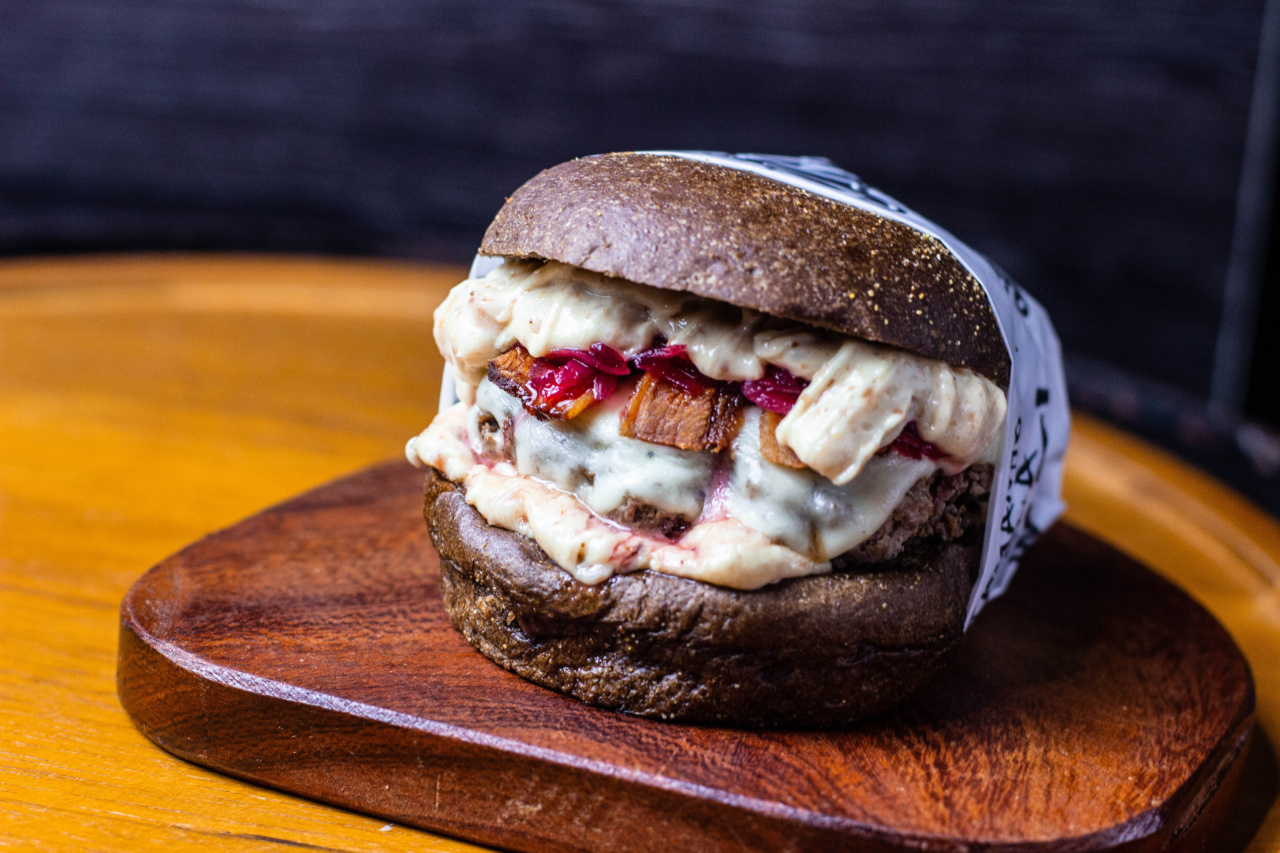When it comes to cutting back on junk food, most people focus on diet and exercise. While these aspects certainly play a significant role in maintaining a healthy lifestyle, there is another crucial factor that often gets overlooked – sleep.
Yes, you read that right. The amount and quality of sleep you get each night can have a significant impact on your cravings and food choices throughout the day.
In this article, we will explore the connection between sleep and junk food cravings, and how you can use this insight to improve your dietary habits.
The Science Behind Sleep and Cravings
It is no secret that lack of sleep can leave you feeling tired, groggy, and less focused.
But did you know that it can also affect your appetite and cravings? When you don’t get enough sleep, your body starts producing higher levels of ghrelin – a hormone that triggers hunger and increases your desire for food, particularly high-calorie and sugary options. On the other hand, sleep deprivation lowers the levels of leptin – a hormone responsible for signaling fullness and satisfaction. As a result, you may find yourself reaching for unhealthy snacks and overeating, even when you are not truly hungry.
Furthermore, inadequate sleep can disrupt the balance of other hormones in your body, such as insulin, which regulates blood sugar levels.
This disruption can lead to increased insulin resistance and a higher risk of developing type 2 diabetes and obesity.
The Connection Between Stress and Sleep
Stress is another factor that often goes hand in hand with poor sleep and unhealthy food choices. When we are stressed, our bodies produce cortisol – known as the stress hormone.
Elevated levels of cortisol can interfere with both the quantity and quality of our sleep, making it harder to fall asleep and stay asleep throughout the night. And what happens when we are tired and stressed? We often turn to food as a source of comfort. Unfortunately, these comfort foods are usually high in fat, sugar, and salt, which can further exacerbate our cravings and negatively impact our health.
Moreover, chronic stress can disrupt the balance of gut bacteria in our digestive system, leading to an increased preference for fast food, processed snacks, and sugary treats.
This microbial imbalance influences our brain’s reward system and can push us towards unhealthy food choices, perpetuating the vicious cycle of stress, sleep deprivation, and poor dietary habits.
How to Improve Sleep and Reduce Junk Food Cravings
Now that we understand the link between sleep and junk food cravings, it’s time to explore some strategies that can help us improve our sleep and make healthier food choices during the day:.
1. Establish a Consistent Sleep Schedule
Set a regular bedtime and wake-up time, even on weekends. This helps regulate your body’s internal clock and promotes a more consistent sleep pattern.
2. Create a Relaxing Bedtime Routine
Engage in relaxing activities before bed, such as reading a book, taking a warm bath, or practicing mindfulness meditation. This can help signal to your body that it’s time to wind down and prepare for sleep.
3. Create a Sleep-Friendly Environment
Make sure your bedroom is cool, dark, and quiet. Invest in comfortable bedding and pillows that support your sleep position. Consider using blackout curtains or an eye mask to block out any external light that could disrupt your sleep.
4. Limit Caffeine and Alcohol Intake
Avoid consuming caffeine in the afternoon and evening, as it can interfere with your ability to fall asleep. Similarly, while alcohol may initially make you feel sleepy, it can disrupt your sleep cycle and lead to poor sleep quality.
5. Increase Physical Activity
Regular exercise has been shown to improve sleep quality and duration. Engaging in physical activity during the day can help regulate your body’s natural sleep-wake cycle and tire you out for a more restful night’s sleep.
6. Manage Stress through Relaxation Techniques
Practice stress management techniques such as deep breathing exercises, yoga, or journaling. By effectively managing stress, you can reduce cortisol levels and promote better sleep.
7. Create a Healthy Eating Pattern
Eating a balanced diet with plenty of fruits, vegetables, whole grains, and lean proteins can improve your overall health and support better sleep.
Avoiding large, heavy meals close to bedtime can also prevent discomfort and indigestion that may disrupt your sleep.
8. Find Alternative Snacks
Instead of reaching for junk food when cravings strike, have healthier alternatives on hand. Snack on fruits, nuts, or yogurt to satisfy your sweet or savory cravings while providing your body with essential nutrients.
9. Limit Screen Time Before Bed
Exposure to blue light emitted by electronic devices such as smartphones, tablets, and laptops can interfere with your body’s production of melatonin, a hormone that promotes sleep.
Make it a habit to avoid screens for at least an hour before bedtime to improve your sleep quality.
10. Seek Professional Help if Needed
If you are consistently struggling with sleep issues or finding it challenging to control your cravings, consider seeking help from a healthcare professional.
They can provide guidance tailored to your specific situation and help you address any underlying issues contributing to poor sleep and unhealthy eating habits.
Conclusion
When it comes to cutting junk food from your diet, don’t underestimate the power of a good night’s sleep.
By prioritizing sleep and adopting healthy sleep habits, you can reduce cravings, improve your food choices, and ultimately lead a healthier and more balanced lifestyle. Remember, it’s not just about what you eat and how much you exercise – getting the right amount and quality of sleep is equally essential for your overall well-being.






























